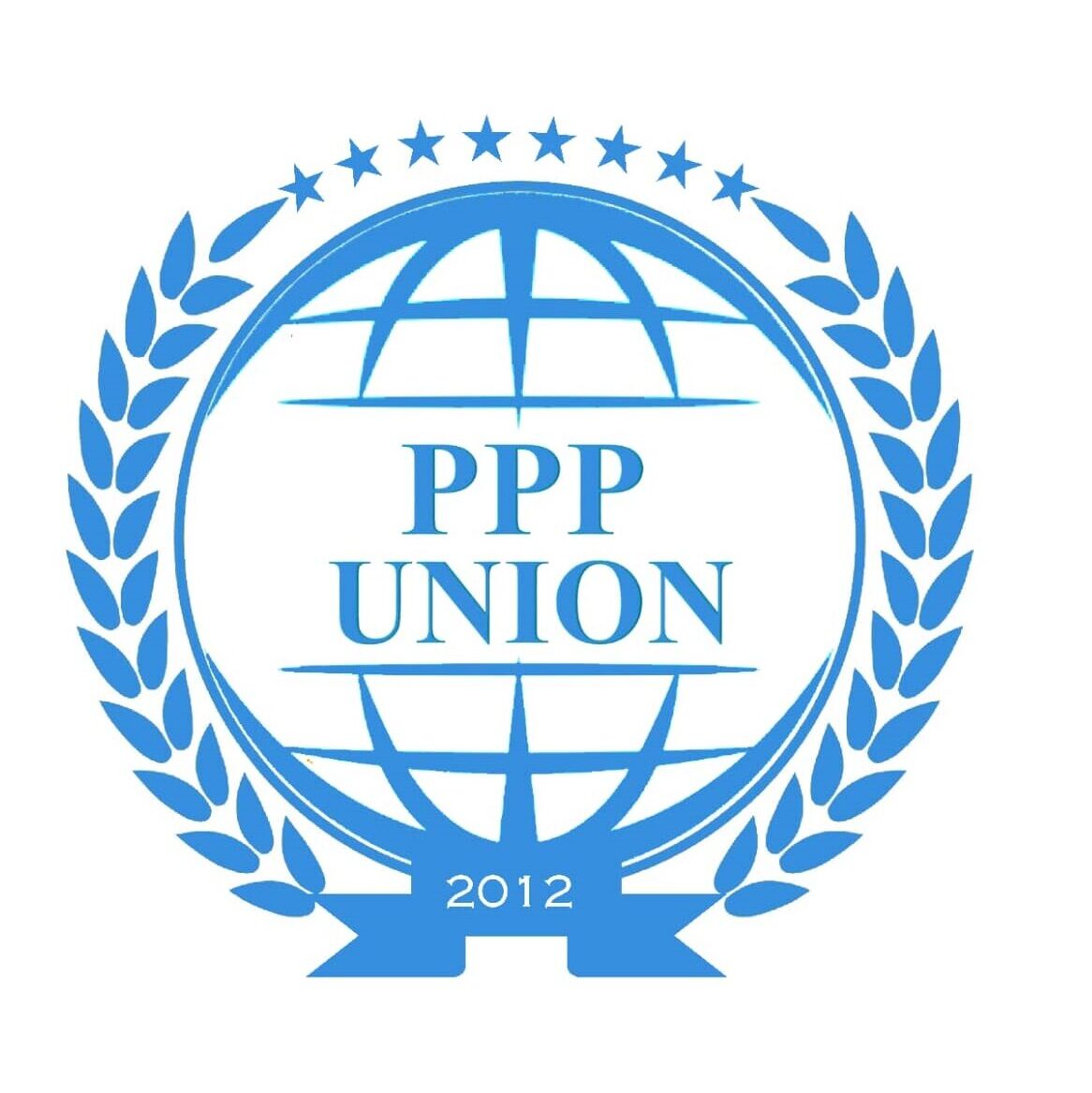What is a Compliance and Regulatory Framework?
Regulation is the management of complex systems according to a set of rules and trends. In systems theory, these types of rules exist in various fields of society, but the term has slightly different meanings depending on the context. For example:
1- In government, regulation typically refers to stipulations of delegated legislation that is drafted by subject-matter experts to enforce primary legislation.
2- In business, industry self-regulation occurs through self-regulatory organizations and trade associations, which enable industries to establish and enforce rules with less government involvement; and,
3- In psychology, self-regulation theory is the study of how individuals manage their thoughts and behaviors to achieve goals.
What is the difference between Regulatory and Frameworks?
A regulation is a government-enforced set of laws , rules, regulations, and guidelines that an organization must follow to enhance security , meet standards , and ensure its rights.
In simple terms : A framework is a basic conceptual structure (of ideas) or a skeletal, openwork, or structural frame.
The “PPP framework” consists of the policies, procedures, institutions, and rules that together define how PPPs will be identified, assessed, selected, prioritized, budgeted for, procured, monitored, and accounted for; and who will be responsible for these tasks. In short, the structure of the contract, terms, and conditions according to PPP law is the “PPP framework.”
PPP Regulations
Generally, PPP experts, facilitators, and the public sector have agreed to follow the UNECE and ICC rules and regulations for their PPP MOU, agreements, and funding facilities.
However, when world leaders gathered at the International Conference on Sustainable Development Financing for Development in 2015 and adopted the 17 Sustainable Development Goals (17-SDGs) and related 169 targets, more than 120 countries aligned their PPP laws and frameworks accordingly. You can download the laws of a few member countries from here.
Bottom Line
The PPP is already regulated by 170 countries, including UNECE. The applicable law will be the project host country ‘s PPP law, and the contractual parties can negotiate the framework according to the relevant PPP law.

